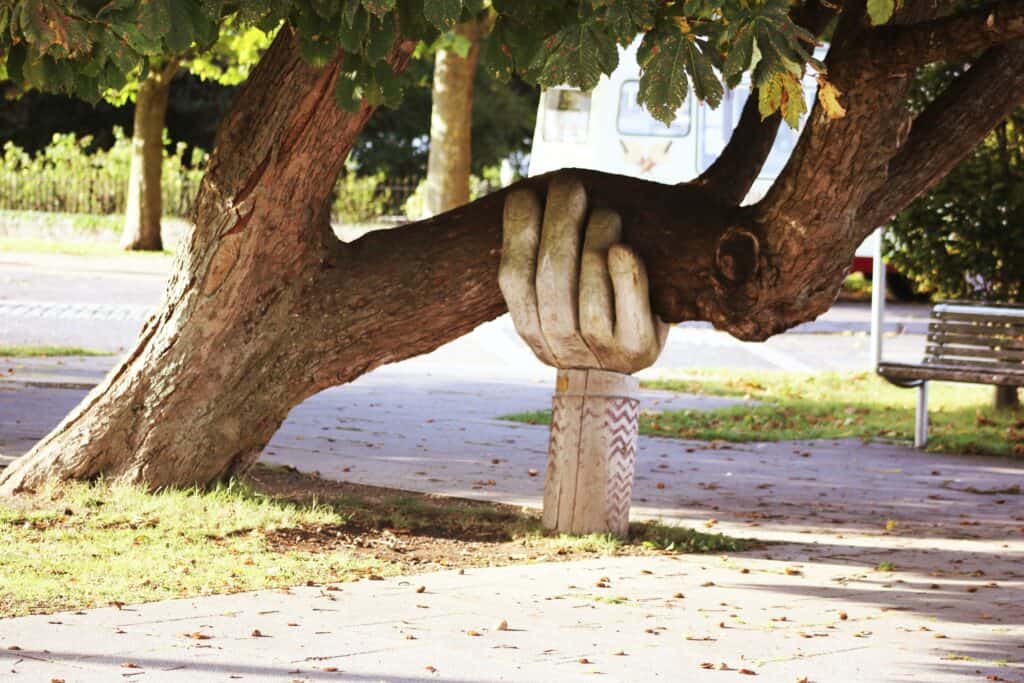
Working in mental health, one of the questions I get asked the most is how to help someone who doesn’t want help. It seems mind boggling to many of us that someone wouldn’t want help. No matter what we may try, we may find our offers fall on deaf ears. It can be hard to understand why our offer of support may be denied. But we can do our best to understand where they are coming from and open up the conversation. Unfortunately, people have to be ready to accept help until we can support them.
For Why Support Can Come from Unexpected Places read here.
#1 Not Ready
When we offer support which is refused. It’s possible that the person isn’t ready to accept helpful. This may be for a variety of reasons. For one, they may be in denial that there is a problem at all. Therefore your help seems unnecessary. Alternatively, your suggestions, whilst helpful, may not be workable for them at that point in time. Depending on the problem, they may want more space or be isolating themselves from others. And whilst this may be doing more harm them good. They may feel the need to do so, perhaps as a protective mechanism of some type.
#2 To Not Be a Burden
Sometimes people fear accepting help as they think it makes them a burden. Whilst this may not be true, and you are more than happy to help. It can be hard to convince people of this. They may also worry that in the future, by accepting help, their competence, confidence or capabilities may be called into question. It’s possible they may also worry that you will think about them differently. None of us like to feel less than we are. And sometimes accepting help makes us feel that way. Even when those offering the support don’t. In some situations, those experiencing negative thoughts may find it particularly hard to accept that they are not a burden and people want to be there for them.
For Best Practise Supporting Someone in Distress read here.
#3 Not the Right Person

Whilst it can be a bitter pill to swallow, we may not be who that person needs. This can be especially difficult if we are close to the person. But they don’t want to confide in us or accept our help. We have to remember that the most important thing is that they are getting help from someone. Even if it is not ourselves. And we will have to work on accepting that. It is common for people to want to talk to or accept support from someone they don’t know. They also may not want to talk to us, perhaps, if they feel we are already experiencing our own problems. If they know we are particularly busy or supporting many other people. It could also be that they have someone else in their live better placed to support on their specific problem. And would still rely on you for other kinds of support.
#4 It’s Hard
At the end of the day, the bottom line is it’s not easy to accept help. Very few of us find it a comfortable place to be. Accepting help makes us feel vulnerable. Almost like we’re giving someone power over us. Or letting people see us at our worst. Even if we are comfortable with accepting help. It’s still a big step especially if it’s not something we have to do often. And sharing someone that is potentially very painful to us so someone can help can force us to relive the situation.
What’s your experience with accepting help? Do you think people find it difficult to do and why? As always, let us know below!

I truly believe we all have a time for changing our lives. Denial is a real thing our brain does and therefore, it’s easy to get caught up in this or just not feel ready to acknowledge your struggles.